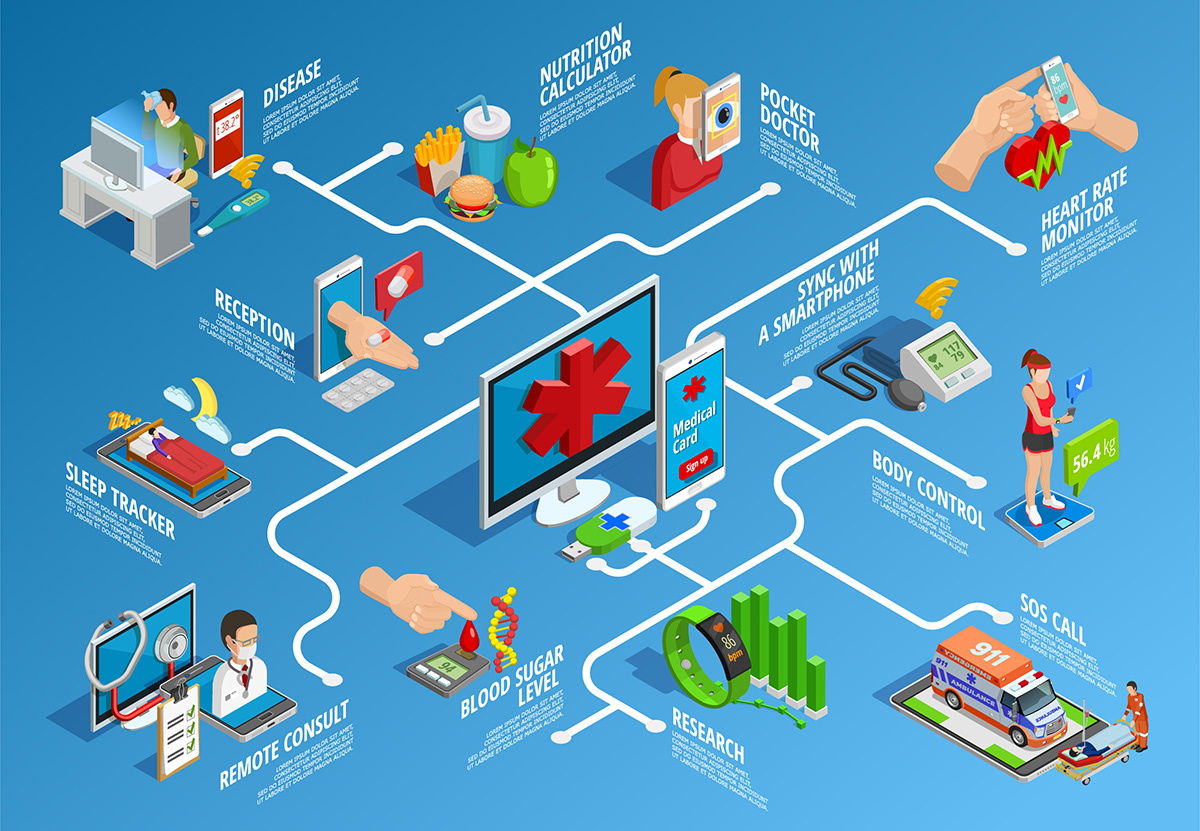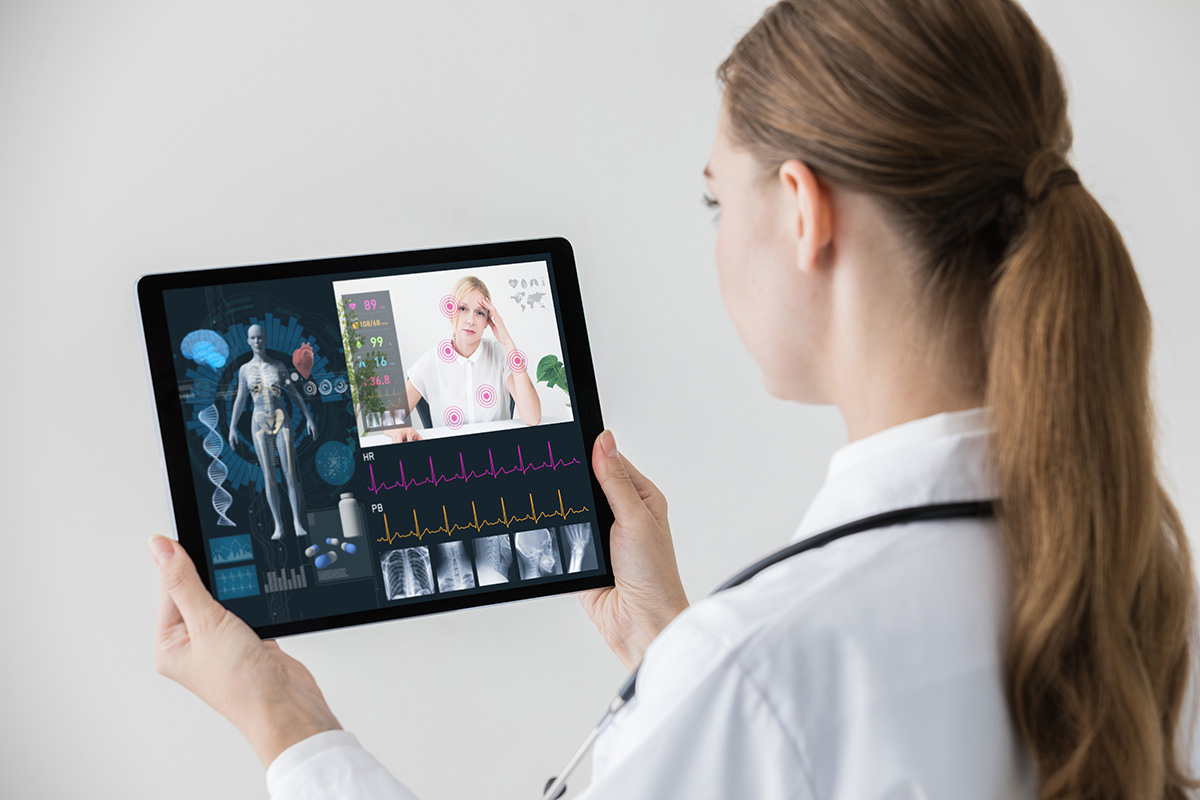FIT Perspective: Digitalization of Health Care

The ongoing development of health care delivery and influx of cutting edge technology makes this an exciting time for cardiology trainees. The incorporation of digital health adds another dimension to patient care and the training of future cardiologists.
Current Fellows in Training (FITs) use several digital health care outlets throughout their training. On a typical day, we use electronic medium to access medical records, request tests and prescribe medication. We also use point of care echocardiography and an infinite number of clinical apps to refine our management decisions.
Our interaction with patients is no longer limited to the 30 minutes of history and physical examination. We live in a "smart" world and are surrounded by big data – from wearable devices, mobile electrocardiography tracings or home blood pressure diary. These data have also made their way to clinical trials.
In this dynamic data-driven era, cardiologists are the prime users of these technologies. It is inadvertent that these smart mobile point of care devices will be an integral part of health care. In this article, I will share my take on the impact of digitalization of health care from an FIT perspective.
Impact on FITs

The integration of digital services and artificial intelligence in our field is forthcoming. While this may appeal more to the tech-savvy group, it may be intimidating or daunting to others. The only way to embrace this movement is by knowledge. Cardiologists and FITs are the prime stakeholders, and it would be empowering to learn about health informatics, big data and artificial intelligence.
Non-medical professionals and entrepreneurs play an essential part in the transformation of health care. As health care providers, it is time to join in the conversation. Working on one's knowledge – whether by a formal degree or reading – is not only empowering but also prepares upcoming generations of cardiologists to use the technology without losing the "human factor."
Impact on the Community
Looking at another perspective, how will the digitalization of health care affect the community? The disruption of conventional health care delivery can affect communities at multiple levels.
Access to Health Care
In developing countries with areas of limited access to health care, the handheld mobile phone can be transformed into medical devices and create mobile clinics. The concept of mobile health and smartphone medicine has the potential to abolished physical distance and create access to health care in places with limited resources.
On the other hand, developed countries struggling with a large population of patients with chronic illnesses like heart failure can also benefit from the technology. The use of artificial intelligence can highlight the high-risk patients and therefore help physicians intensify their management and limit hospital readmission.
The use of health applications in conjunction with telemedicine can improve access to health care, allow fine tuning of medications without the frequent hospital visits and potentially limit costs.
The Epidemiology of Cardiovascular Diseases

Can wearables and other point of care diagnostic devices alter the epidemiology of cardiovascular diseases? The use of these devices enables the detection of subclinical atrial fibrillation, diagnosis of heart failure by point of care echocardiography, and diagnosis and monitoring of hypertension to name a few. Early diagnosis and even emergence of a new class digitally diagnosed cardiovascular disease, which translated into early management and prevention of disease sequelae.
The digitalization of health care, with all its innovative components, is an exciting step in the evolution of health care. Moving towards this requires the active involvement of both health care providers and patients. Educating FITs also helps create a new breed of cardiologists who are able to embrace and use the technology to its full potential.
The ACC Health Care Innovation Section is an excellent resource of information to learn more about updates in the field. Learn more on ACC.org.

This article was authored by Samah Al-Kharji, MD, cardiology Fellow in Training (FIT) at McGill University in Montreal, Canada.

